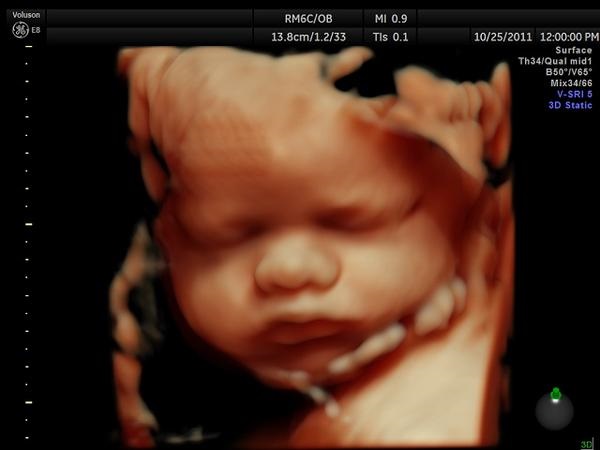The Brazil Supreme Court began a special two-day hearing Friday to consider ending the country’s protections for unborn babies.
Though facing continuous pressure from abortion activists in America and other nations, Brazilian lawmakers have stayed strong in their resolution to protect unborn babies from abortion.
In Brazil, abortion is legal in cases of rape, incest and risks to the mother’s life; the country’s high court also ruled in 2012 that unborn babies with certain types of fatal anomalies may be aborted. However, lawmakers have been working to reverse those exceptions and provide protections for all unborn babies.
Now, the New York Times reports the nation’s highest court decided to consider a case challenging the constitutionality of the country’s pro-life laws.
According to the report:
The court will consider whether Brazil’s abortion laws — which forbid terminating pregnancies with few exceptions, including cases of rape and instances in which the mother’s life is in peril — are at odds with constitutional protections.
The hearing is unlikely to lead to the imminent legalization of abortion. But women’s rights activists hope the public hearing will set off a high-profile debate on the issue, draw attention to the risks hundreds of thousands of women take each year as they resort to clandestine abortions and ultimately pave the way to overhauling the existing law.
José Paulo Leão Veloso, a state government lawyer, plans to argue in favor of unborn babies’ rights before the high court.
“Of all the obligations of the state, the most important is to protect life,” he told the newspaper.
The report details the case:
In March 2017, the leftist Socialism and Liberty Party and Anis, a women’s rights group, filed a petition asking the court to rule that terminating a pregnancy within the first 12 weeks of gestation should not subject the pregnant woman or the abortion provider to prosecution.
They argue that abortion laws written in 1940 violate protections conferred by the 1988 Constitution, including the right to dignity, equal protection and access to health care.
Taking up their petition, Justice Rosa Weber, one of two women on the 11-member court, took the relatively rare step of seeking input from legal analysts in Brazil and abroad and convened a hearing.
In a March statement she called abortion rights one of the “most sensitive and delicate” legal issues, “since it involves matters of ethics, morality, religion, public health and fundamental rights.” Since then the court has received legal briefs from 38 groups, a record number.
Abortion activists have been pushing Brazil to legalize abortion on demand for years. In 2016, the country saw a concerted effort to push abortion during the zika virus scare. Some linked the virus to microcephaly and other problems in unborn babies.
But a poll at the time by the Datafolha Institute found that 58 percent of Brazilians reject abortion in cases where pregnant women are infected with the Zika virus, according to the Catholic News Agency. According to the poll, 32 percent think the woman should be allowed to have an abortion and 10 percent had no opinion.
Brazilians also rejected abortion in cases where the unborn baby is diagnosed with microcephaly, with 51 percent opposed and 39 percent in favor, according to the report.
Lawmakers attempted to expand protections for unborn babies in 2017. In November, a legislative committee passed a bill to protect unborn babies from abortion in all cases. The Daily Caller reported the bill passed by an overwhelming majority in an 18-1 vote. It would amend the constitution and recognize unborn babies’ right to life.
Pro-abortion feminists protested the bill later that month in a violent, topless protest.








